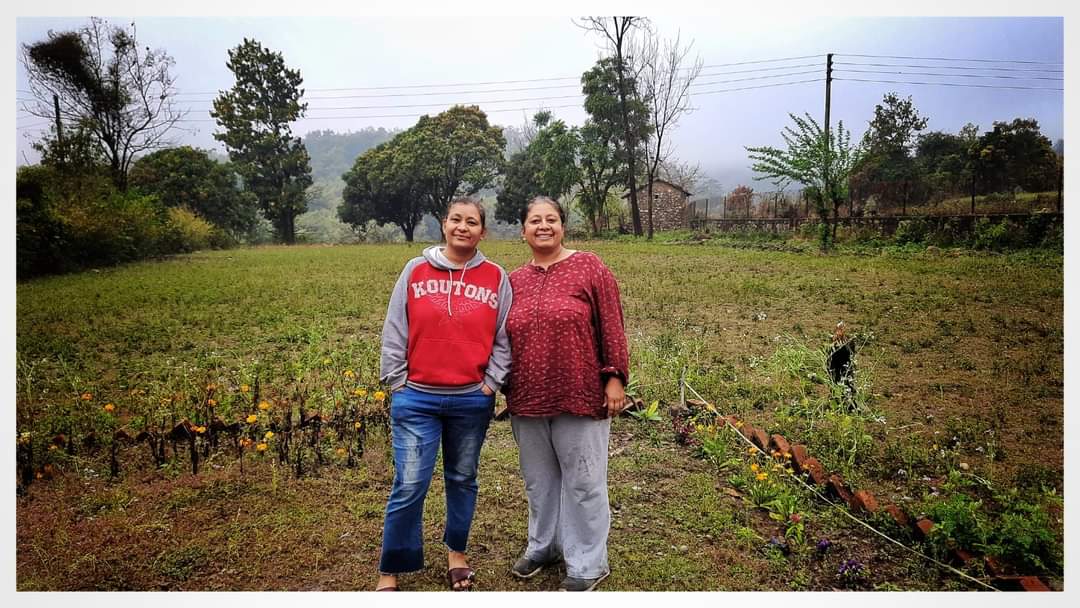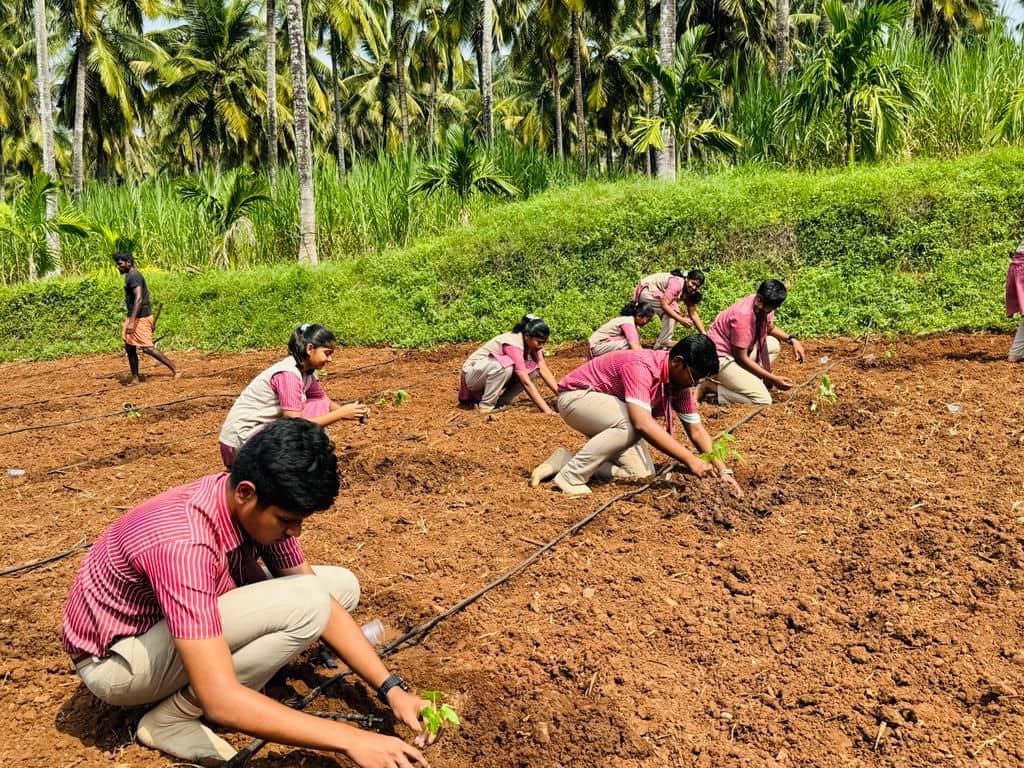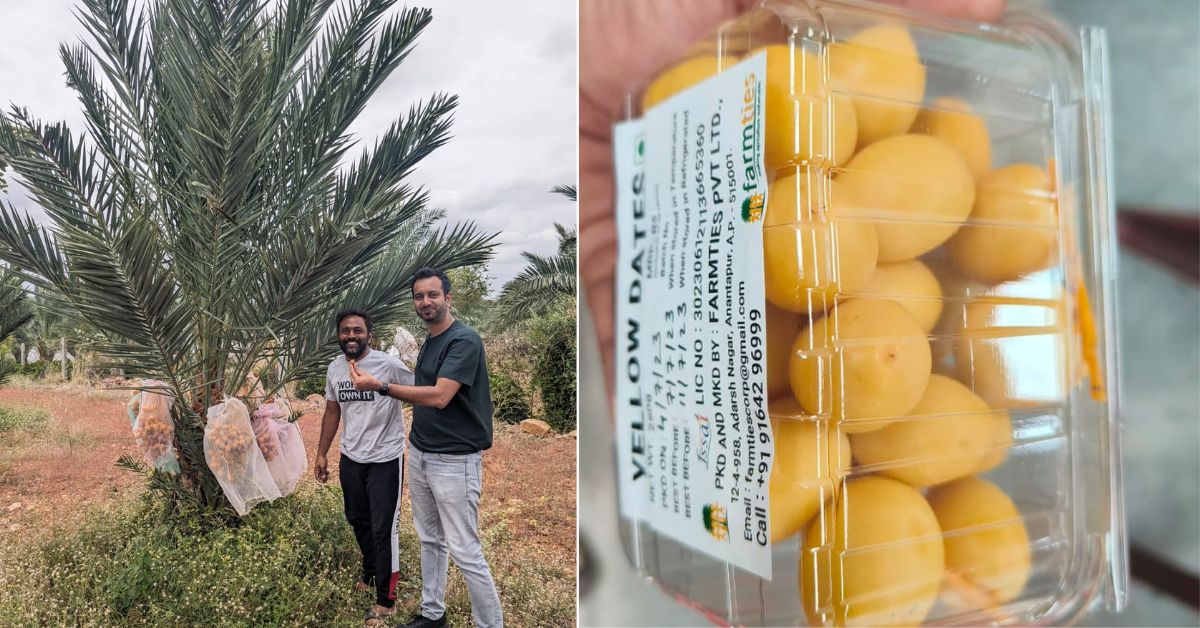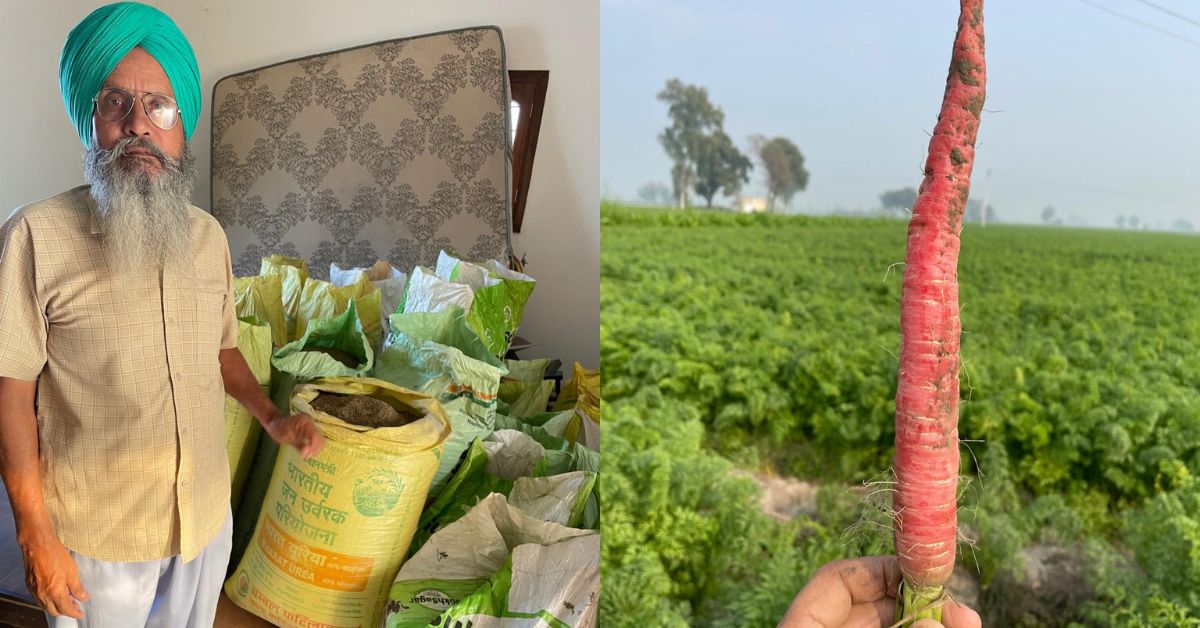Starting a farm in India can be incredibly rewarding, but it takes careful planning. If you have land but don’t know where to start, learning from those who’ve already built successful farms can be invaluable. Here, five farmers share their best insights to help you build a thriving farm.
Namita Rawat Negi and Manisha Gosain – Doon Gooseberry Farm
Location: Dehradun, Uttarakhand
What they did: Built an organic farm from scratch and launched value-added products
Annual earnings: Rs 11 lakh (FY 2023-24)
In 2021, sisters Namita Rawat Negi and Manisha Gosain founded Doon Gooseberry Farm without any prior farming experience. Today, they cultivate vegetables like tomatoes, brinjals, pumpkins, and spinach while also selling a range of value-added amla-based products, including amla candy, amla garlic pickle, amla lemon pickle, amla chutney, and amla ginger pickle.
Lessons from their success:
1) Focus on organic farming for better yield
The duo emphasises the benefits of organic farming. “Our produce flourishes under the sun, untouched by chemical sprays or insecticides,” says Manisha. They use natural fertilisers like eggshells, vegetable peels, and cow manure to enrich the soil.

By collaborating with local women and small processing units, Namita and Manisha expanded their workforce and created employment opportunities, contributing to sustainable rural livelihoods.
Read more about their success story here.
Gnana Saravanan and Krishnasudha – Deesan Farms
Location: Palakkad, Kerala
What they did: Turned ancestral land into a diversified, integrated farm
Key strategy: Mixed-cropping with coconut, banana, nutmeg, and dairy farming
In 2016, Gnana Saravanan and Krishnasudha left their IT careers to revive their 36-acre ancestral farm in Palakkad, Kerala. They adopted integrated farming, intercropping coconut, banana, nutmeg, and areca nut, while also establishing a dairy and biogas system. Their self-sustaining model now produces organic products like coconut oil and ghee, inspiring thousands of farmers.
Lessons from their success:
3) Diversify your crops
Intercropping coconut with banana, nutmeg, and areca nut optimises land use, enriches soil, and reduces pests. With different harvest cycles, it ensures a steady income year-round, reducing financial risk.
4) Follow traditional farming knowledge
By blending age-old wisdom with modern farming techniques, they built a sustainable and efficient farm. “All the answers we are looking for are present in traditional farming,” says Saravanan.

Read more about their success story here.
Nagendra Naidu Dharmavarapu – Farmties India Private Limited
Location: Anantapur, Andhra Pradesh
What he did: Established a successful farm cultivating yellow dates
Annual earnings: Rs 3.5 lakh per acre (FY 2023-24)
In 2022, Nagendra Naidu Dharmavarapu leveraged his ancestral land in Anantapur to establish Farmties India Private Limited, focusing on yellow dates — a high-demand, low-competition crop suited to the region’s climate. Starting with 20 acres, he has expanded to over 1,400 acres, achieving significant profits.
Lessons from his success:
5) Conduct thorough market research
Before diving into farming, Nagendra visited various villages and researched potential crops. He aimed to identify a niche product that required substantial investment per acre, thereby reducing competition. This led him to select yellow dates, a relatively unknown but nutritious fruit in India.

6) Focus on quality and supply chain management
Nagendra emphasises the importance of maintaining high-quality produce and establishing a strong supply chain. By segregating dates according to quality and partnering with platforms like Big Basket and Zepto, he ensured that the best products reached consumers, thereby creating a robust market presence.
Read more about his success story here.
Phuman Singh Kaurra – Carrot Farming Success
Location: Paramjitpura, Punjab
What he did: Turned a 4.5-acre farm into a thriving carrot-farming business
Annual earnings: Rs 1 crore (FY 23-24)
Over 30 years, Kaurra expanded his farm from 4.5 acres to 80 acres and now earns Rs 1 crore annually. He produces and sells high-quality carrot seeds, providing seeds for over 650 acres of farmland.

Lessons from his success:
7) Invest in high-quality seeds
Kaurra highlights the importance of using top-quality seeds to maximise yield and profits. By producing his own seeds, he minimised costs and tapped into a lucrative market, selling seeds for Rs 1,000–1,500 per kg.
Read more about his success story here.
Edited by Khushi Arora
